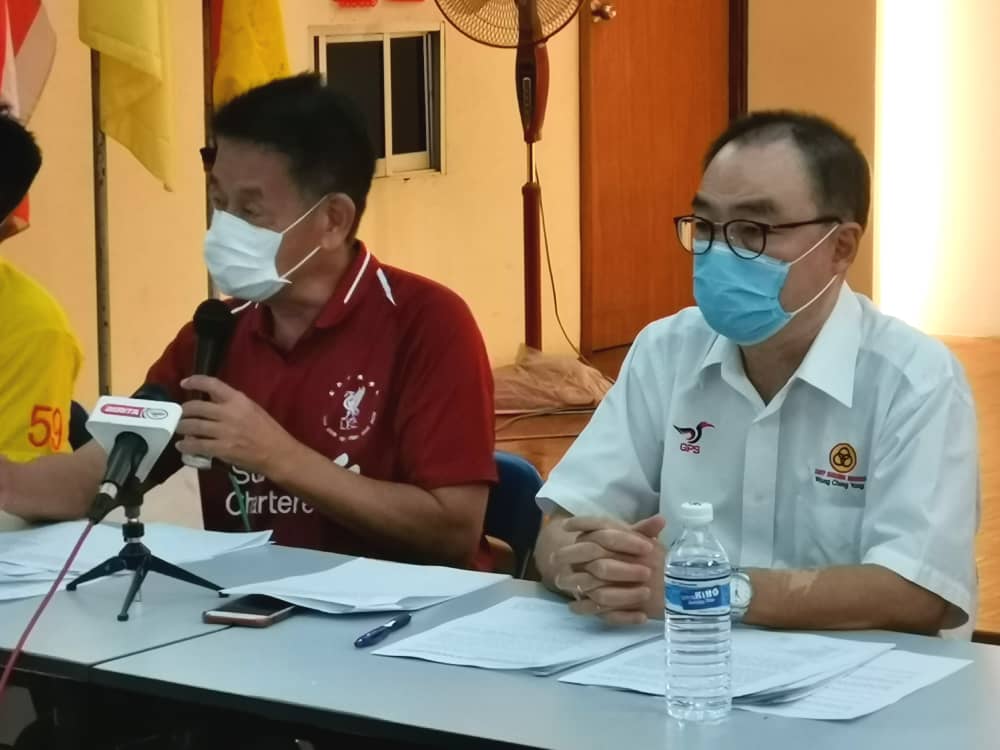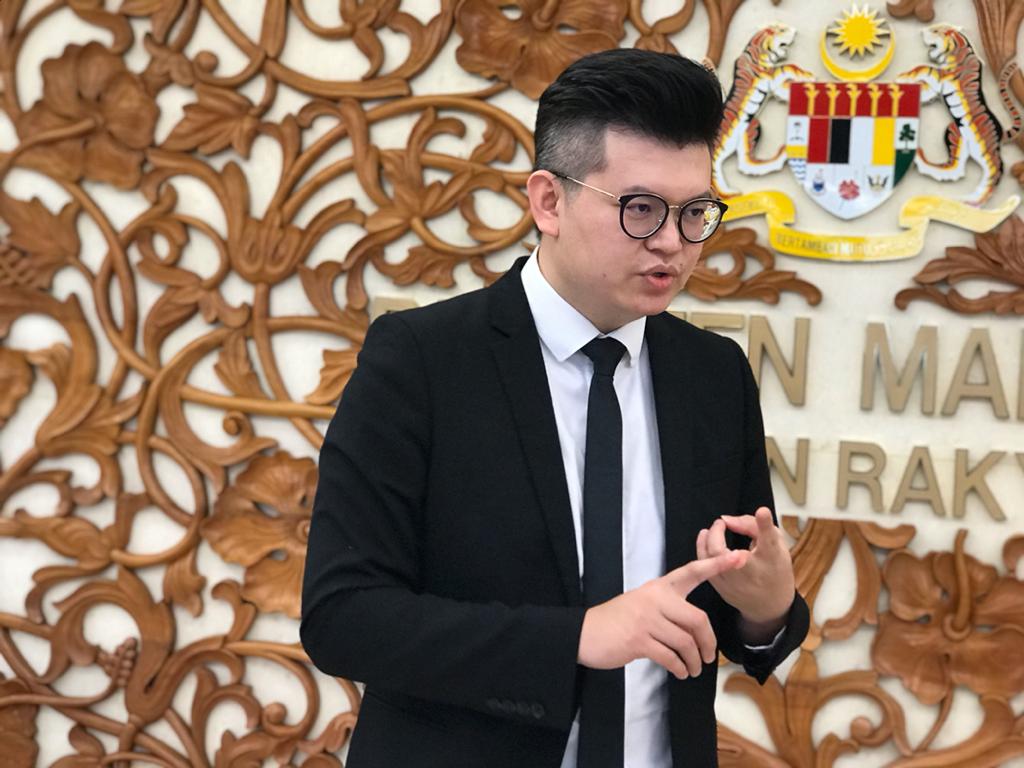KUALA LUMPUR, Oct 6 — Lawmakers from the DAP and Sarawak’s SUPP urged the Ministry of Health (MOH) today to clarify the criteria for permanent positions offered to contract medical officers.
Even as MOH announced yesterday its offer of permanent positions for 150 doctors to serve in Sarawak, 44 per cent of whom (66 officers) are Sarawakians, parties on both sides of the political divide pressed for greater transparency in the contract system.
“SUPP Education Bureau hereby strongly expresses its unhappiness on allocating only 44 per cent to Sarawakian MOs (medical officers),” SUPP education bureau and Meradong assemblyman Ding Kuong Hiing said in a statement today.
“However, we would like to acknowledge that 44 per cent is an improvement when we compare the previous allocation which is less than 10 per cent. At least, the increment is an indication that MOH is listening to the voices of Sarawakians.”
Ding said a fair distribution would see 90 per cent of permanent posts in Sarawak hospitals offered to Sarawakian doctors, noting that “many” Sarawakian medical officers still haven’t received permanent positions in the public sector in Sarawak.

“The MOH should also disclose the criteria of offering permanent posts to MOs on contract,” Ding added, citing MOH’s directive dated February 16, 2016, that said priority would be given to medical officers who have passed part 1 or part A of parallel pathway specialist studies, for example MRCP (physician), MRCPCH (pediatrics), MRCOG (obstetrics & gynecology), and MRCS (surgery) etc.
“We are of the view that the MOH should disclose the total number of Sarawakian MOs who are eligible and applying for permanent posts in Sarawak hospitals. The MOH should also disclose the percentage of success of Sarawakian MOs in getting the permanent posts in Sarawak hospitals,” Ding said.
“We hereby further propose that in the light of transparency and accountability, MOH should give professional reasons (besides the reason of no vacancy) to those unsuccessful Sarawakian applicants as to why their applications were turned down. These MOs have the right to know the reasons.”
Health Minister Dr Adham Baba announced yesterday that the 150 offers of permanent placements for contract doctors from the May 2017 housemanship cohort were for all to serve in Sarawak, taking into account the importance of service and job vacancies.
He also said all Sarawakian UD41 medical officers from the May 2017 cohort, who fulfilled criteria for permanent positions in the public sector, had been offered permanent posts.

Bandar Kuching MP Dr Kelvin Yii welcomed Dr Adham’s announcement as “overdue good news”, saying he had been fighting for this to address the shortage of doctors and health care workers in Sarawak, particularly in rural areas.
“Currently, about 45% of our rural clinics do not have doctors, 39% of the Klinik Kesihatan do not have pharmacists and all these are in the rural area. 152 out of 216 (70.7%) clinics do not have lab services and 192 out of 216 community clinics do not have X-ray services,” the DAP lawmaker wrote on Facebook.
“Sarawak has only 7.1% of all the doctors in the country, 8.4% of doctors in the public sector (nationwide) and only 3.4% of doctors in the private sector. Sarawak only has 6.5% of all specialists nationwide.
“The doctor-to-population ratio for Sarawak is 1:892 in comparison to Klang Valley of 1:150. If we look at the microlevel, there is unequal distribution itself, Kuching Division has a ratio of 1:604 whereas Kapit is 1:1,721 and Mukah is 1:2,038.”
He suggested that the 150 new permanent postings be properly distributed, especially in rural areas, instead of concentrating them in the cities.
“The Ministry must also address the core issue, which is transparency in the selection process itself, to remove any perception of bias, favouritism or subjectivity. Greater certainty and clarity is important so that young doctors know what to aim for and strive for to receive a permanent appointment.”








